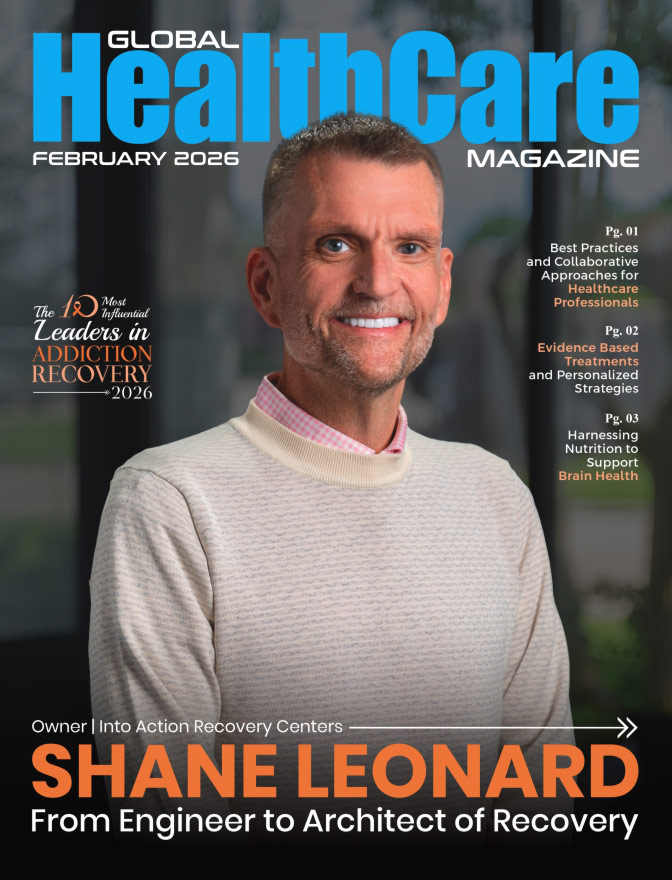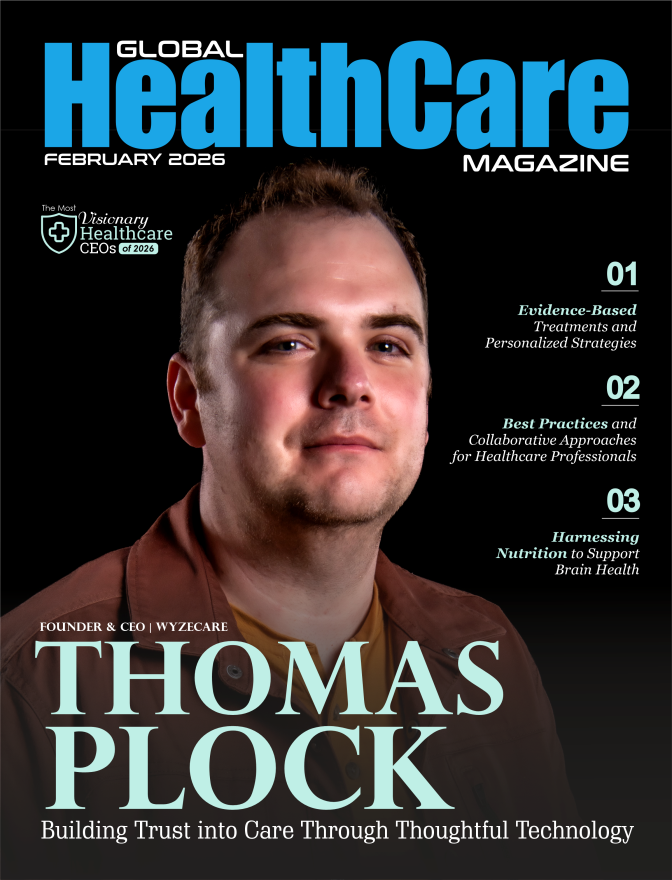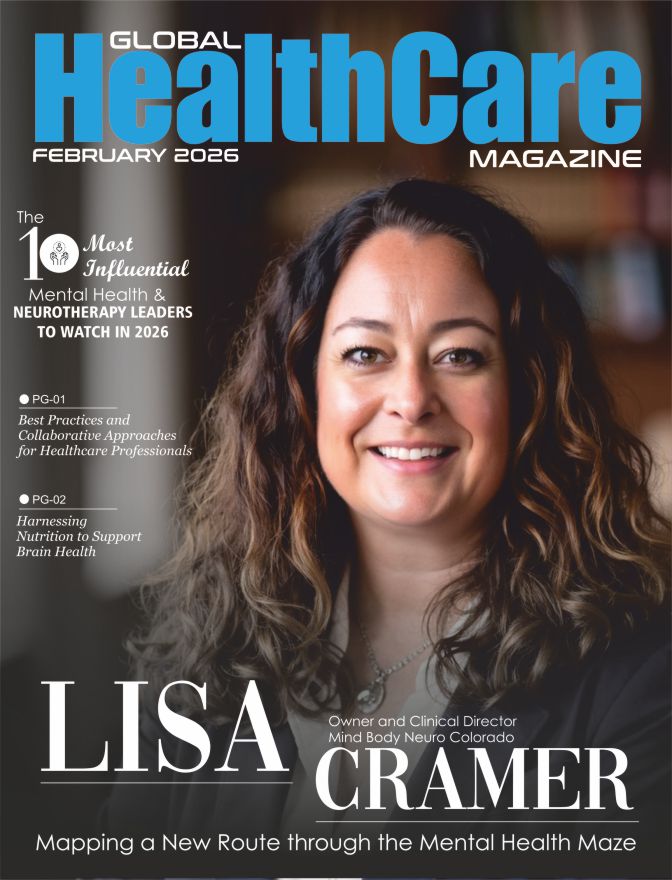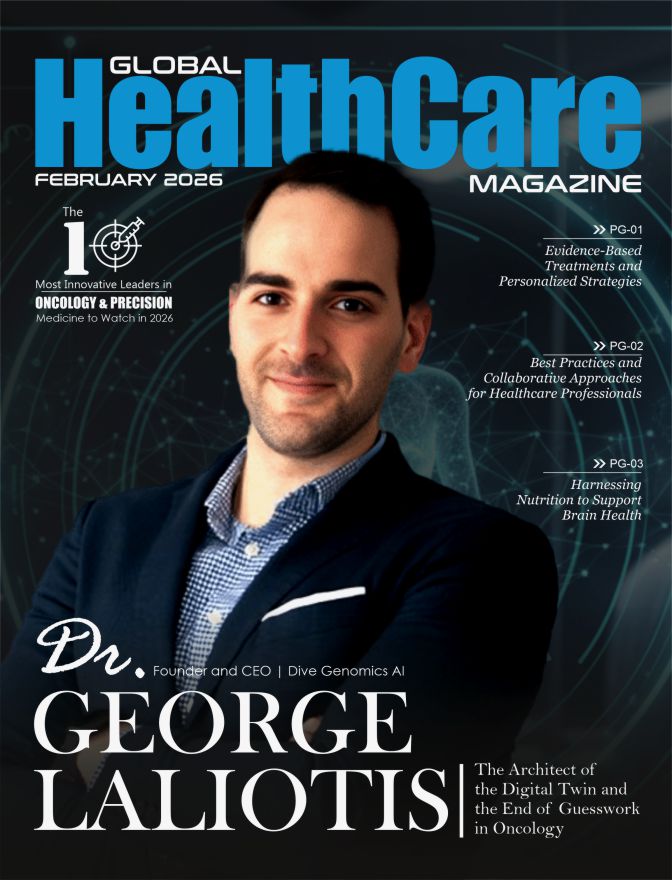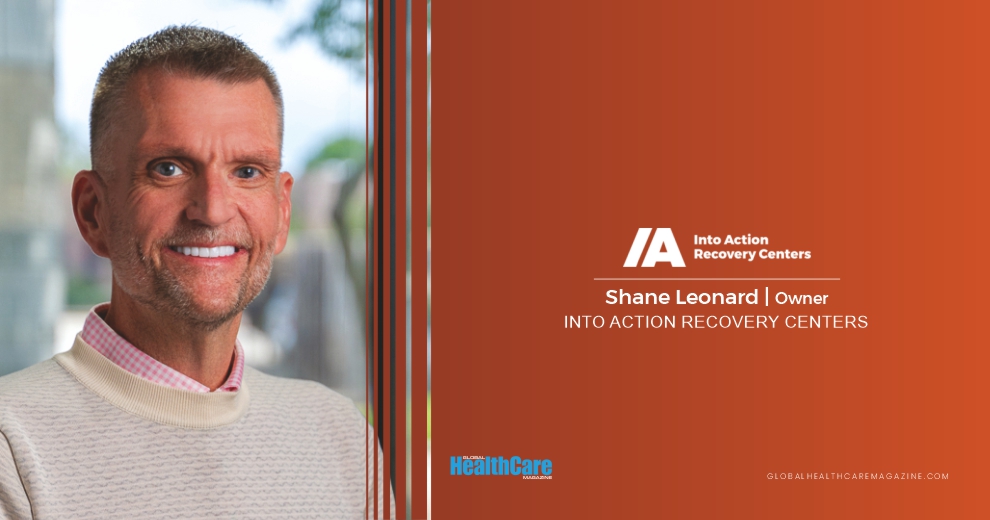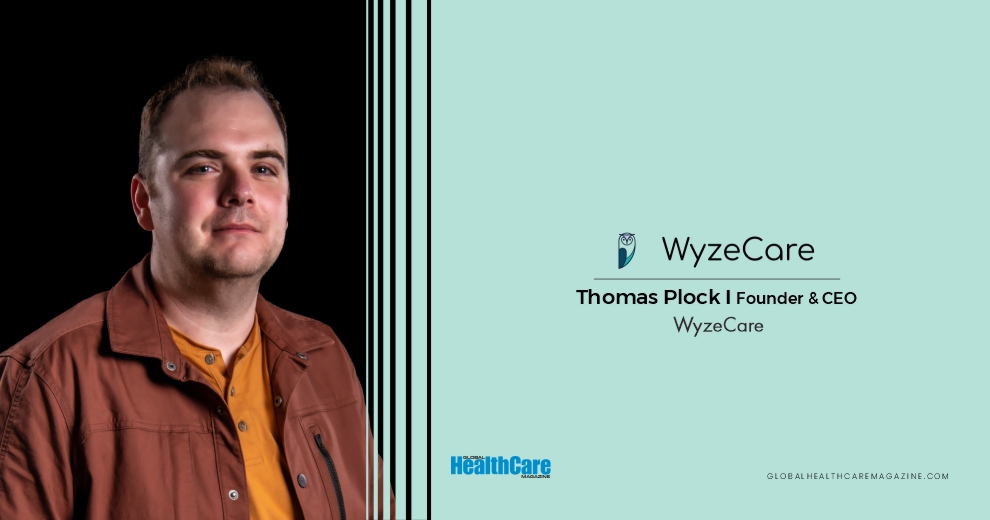Ever made a plan to “get healthy” only to watch it fall apart in a few days? You’re not the problem—most plans are too intense, too fast, and not built to last. Between stress, pressure, and rising costs, sticking with your goals gets tough. Real health takes time, structure, and tools that actually fit your life. In this blog, we will share what makes a health plan sustainable, what usually gets in the way, and how people are using new tools to stick with it for the long haul.
Why Most Health Plans Fall Apart
Let’s be honest: most plans start with a burst of energy and unrealistic goals. You promise to cut sugar, run five miles a day, cook every meal at home, and meditate before sunrise. That lasts about as long as dry January—until stress hits. Then it’s takeout, doomscrolling, and skipping workouts “just this once.”
The problem isn’t the person. It’s the setup. Health plans built on guilt, perfection, or internet trends don’t hold up under pressure. And lately, pressure is everywhere.
Inflation is up. People are burned out. The cost of therapy, gym memberships, even groceries has soared. We’re expected to work like machines, stay positive, and still make time for green smoothies and yoga. No wonder people are tired.
That’s why realistic health plans are more important than ever. Ones that fit your life instead of tearing it apart. They don’t rely on willpower alone. They rely on systems—small steps, repeatable routines, and flexible tools.
And thankfully, access to those tools is growing. People are turning to online treatment programs to get support at home, without needing to rearrange their entire lives. These digital platforms connect users with therapists, nutritionists, recovery specialists, and coaches. And because they’re flexible, they actually fit into real-world schedules. You can log in during a lunch break. Check in on a Saturday. Or talk to a counselor without driving across town.
The key here isn’t the tech—it’s the structure. These programs offer clear, step-by-step guidance that adapts as your needs shift. They focus on building routines, not chasing impossible standards. And for many, that’s what makes them work.
Start Small, Then Get Specific
A good health plan doesn’t begin with a grand vision. It starts with small, boring steps. If that sounds unsexy, that’s because it is. But it works.
Instead of aiming for “total transformation,” aim for something doable. Drink more water. Go for a walk every morning. Swap one fast food meal with something homemade. Get to bed 30 minutes earlier.
The goal is to build momentum. Small wins create confidence. And confidence builds consistency.
Once the basics are in place, get specific. Don’t just say, “I want to eat better.” That’s vague. Say, “I’ll prep three lunches at home this week.” Don’t say, “I’ll exercise more.” Try, “I’ll go to the gym Mondays and Fridays at 6 p.m.” Clear plans are easier to follow.
And if something doesn’t stick? Adjust. Not quit. Maybe mornings aren’t your thing. Try afternoons. Maybe journaling feels forced. Try voice memos. It’s not about forcing change. It’s about shaping your environment so that better choices come easier.
Use Tools That Work With You, Not Against You
In 2025, there’s no shortage of apps, gadgets, and programs promising better health. But more isn’t always better. The real question is: does it help you stay consistent?
Helpful tools don’t shame you when you mess up. They guide you back on track. A good app might send gentle reminders, offer progress check-ins, or give personalized feedback. A good coach won’t scold you for missing a session—they’ll help you figure out why and plan the next one.
If a tool makes you feel anxious, guilty, or overwhelmed, drop it. The best tools fit your lifestyle, not some ideal version of yourself.
That also means respecting your energy. If you’re juggling work, kids, and errands, your health plan should work around that. Not pile on more stress.
Accountability That Isn’t Just About Pressure
There’s a big difference between accountability and pressure. Pressure makes you feel watched. Judged. Like someone’s waiting for you to mess up. That kind of accountability rarely lasts.
True accountability feels like support. It reminds you that someone’s in your corner, not over your shoulder. That might mean texting a friend when you complete a goal. Or sharing your progress in a small support group. Or working with a coach who tracks your goals and helps adjust them when life gets messy.
The point isn’t to be perfect. It’s to stay connected—to people, to your goals, and to a process that evolves with you.
What You Should Track (And What to Ignore)
Not everything needs to be tracked. You don’t need a spreadsheet for your spinach intake. But tracking key habits—like hours of sleep, meals at home, or days without skipping your workout—can show patterns.
Just don’t turn it into a competition. You’re not trying to win health. You’re trying to live better.
Here’s a rule of thumb: track things that are actionable. If seeing a data point helps you improve a habit, it’s useful. If it just makes you feel bad, skip it.
Also, celebrate the boring wins. If you went to bed on time for five days, that’s progress. If you drank more water this week, awesome. The boring stuff adds up.
In the end, a health plan that actually works isn’t about hacks, trends, or tracking everything you eat. It’s about knowing what matters, creating space for it, and giving yourself enough grace to show up again tomorrow.
That’s not failure. That’s health.


